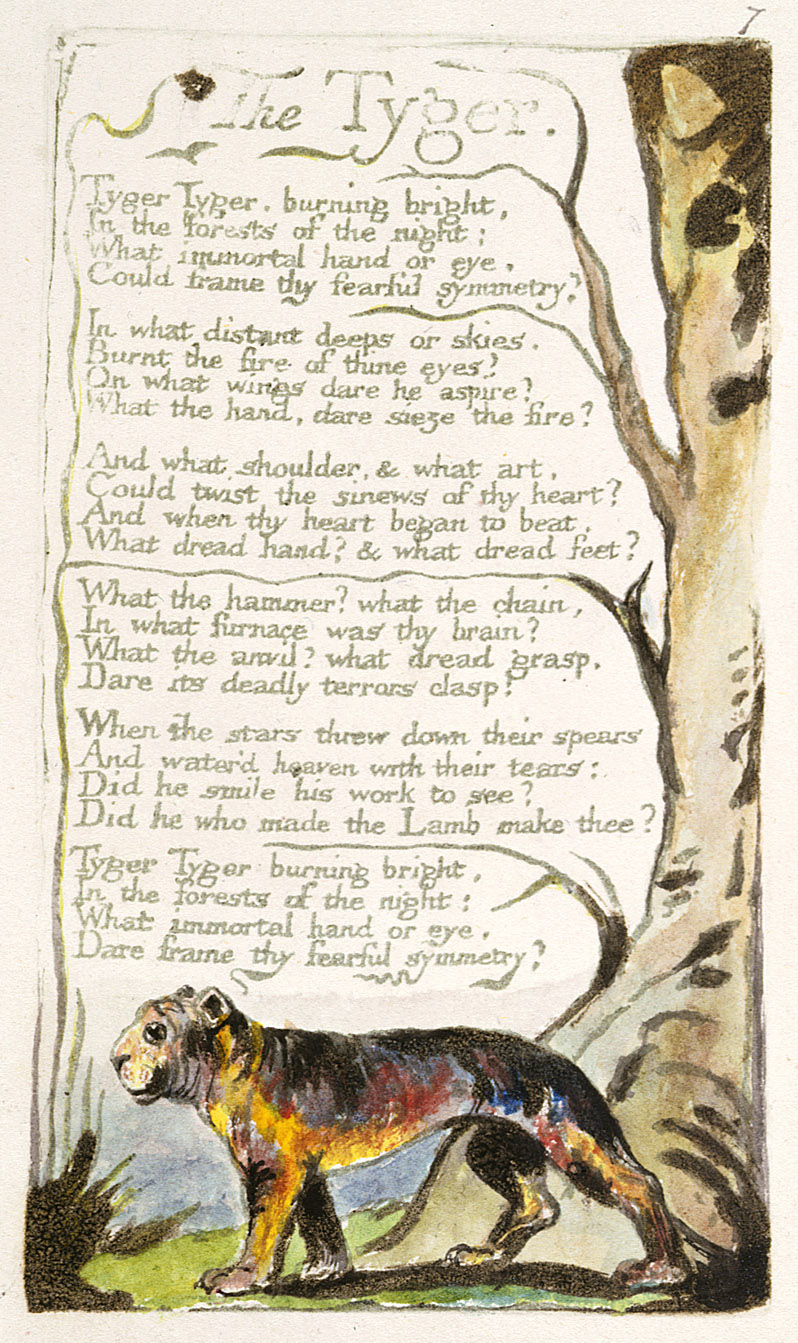First, let's put things in order. As far as I am aware, these are the books which collect Kafka's non-fiction:
- Diaries 1910–1923
- The Blue Octavo Notebooks
- Letter to His Father
- Letters to Felice
- Letters to Milena
- Letters to Ottla and the Family
- Letters to Family, Friends, and Editors
Since almost all of these have been meticulously dated, it's pretty simple to read them in order, though constantly going from one book to another might be a little tiring, so I suggest reading them by year (e.g. diaries from 1910, followed by letters from 1910, followed by diaries from 1911, et cetera; years with less writing can be condensed). I would, however, suggest a few exceptions to this strict chronological order - Kafka's letter to his father should be read first, before anything else, and his series of letters to Felice and Milena should not be broken up, but read complete (Felice around 1912, Milena around 1924), as they form complete, coherent, and fascinating narratives on their own. I would probably also read The Blue Octavo Notebooks all together, since they were deliberately set apart from the diaries by Kafka. In case you still want to throw a biography into the mix, I suggest Max Brod's
- Letter to His Father
- Biography – Chapter I
- Letters to Family, Friends, and Editors – 1902-1904
- Biography – Chapter II
- Letters to Family, Friends, and Editors – 1905-1909
- Biography – Chapter III
- Diaries – 1910
- Letters to Family, Friends, and Editors – 1910
- Biography – Chapter IV
- Diaries – 1911
- Letters to Family, Friends, and Editors – 1911
- Biography – Chapter V
- Biography – Chapter VI
- Biography – Chapter VII
- Biography – Chapter VIII
- Letters to Ottla and the Family – 1909-1912
- Letters to Felice
- Diaries – travel diaries
- Diaries – 1912-1917
- Letters to Family, Friends, and Editors – 1912-1917
- Letters to Ottla and the Family – 1913-1918
- Letters to Family, Friends, and Editors – 1918
- The Blue Octavo Notebooks
- Diaries – 1919-1923
- Letters to Family, Friends, and Editors – 1919-1923
- Letters to Ottla and the Family – 1919-1924
- Letters to Milena
- Letters to Family, Friends, and Editors – 1924 + Conversation Slips
A few more tips:
- If you're going for extra credit, you can weave in The Office Writings
, which includes some of Kafka's professional papers written between 1908 - 1917.
- If you're interested in this method of reading Kafka, but would like the whole thing to be much shorter and less complicated, you can try to track down I Am a Memory Come Alive
, a chronological selection of Franz Kafka's autobiographical writings edited by Nahum N. Glatzer, clocking in at a mere 250 pages.
- If you're interested in my ramblings about the need for a definitive edition of Kafka's collected work, check out this old post.
- If you don't know anything about Kafka, read the short stories first, then the novels; if you feel lost or confused, read Introducing Kafka
by David Zane Mairowitz and Robert Crumb; if you smell bad, take a shower.






![Darkness at Noon [Books That Have Changed Man's Thinking]](https://images.gr-assets.com/books/1327243764s/13349640.jpg)






